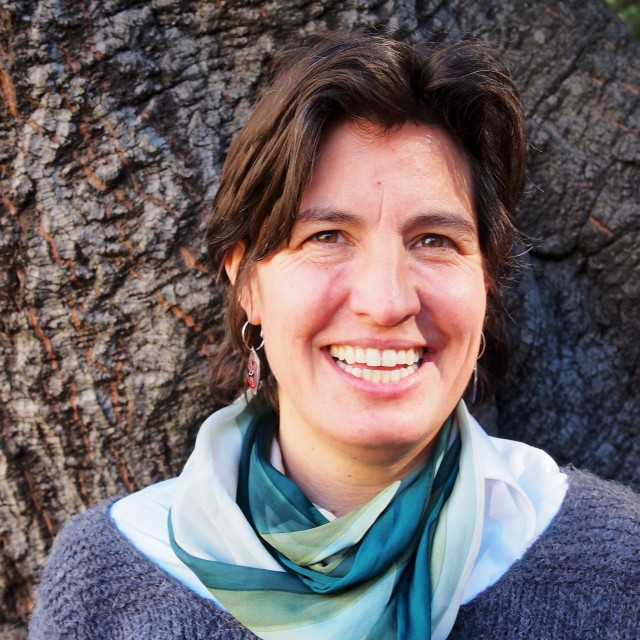Nicole Coleman
ATS for CESTA/SHC
Nicole is affiliated with both the Stanford Humanities Center’s (SHC) and the Center for Spatial and Textual Analysis, where she leads Humanities+Design with Dan Edelstein. The goal of the lab is to produce, through the lens of humanistic inquiry, new modes of thinking in design and computer science to serve data-driven research in the humanities. . She also serves as a Co-Manager of the Academic Technology Specialist Program.
During her early years at SHC, under the directorship of John Bender, Nicole was tasked to lead a number of digital humanities initiatives at the Humanities Center including establishing a laboratory for graduate research, an online collaborative research environment (humanitiesnetwork.org), a seed-funding program for collaborative research projects, and a speaker series entitled, “New Directions in Humanities Research” which ran from 2004-2007.
Under Aron Rodrigue’s tenure as SHC director, Nicole became directly involved in the research process with faculty and graduate students. Soon the SHC lab she created became a hub of activity for the research project “Mapping the Republic of Letters.” The project was awarded the collaborative research grant “Digging Into Data” co-funded by NEH, NSF, and JISC. Through this deep engagement in the research process with faculty and graduate students, Nicole recognized that humanistic inquiry, grounded in interpretation, has much to contribute to the development of technologies if they are to help us reveal uncertainty and ambiguity, and allow human-scale exploration of complex systems. For two years she co-organized an interdisciplinary research workshop at SHC to address these issues.
In 2012 Nicole co-founded Humanities+Design, a program that offers fellowships to graduate students to help prepare them for research in the digital age through the design and development of digital research tools. Humanities+Design has received funding from VPOL, VPGE, and the Dean of Research, and was recently awarded a NEH Implementation Grant.
Research Collaborations
Networks in History
Project Director for this NEH sponsored research project to design and develop visualization techniques that emphasize the contextualization and interpretation of data in cases where we lack the metrics for useful quantitative analysis.
Faculty: Dan Edelstein and Paula Findlen
Humanities+Design (hdlab.stanford.edu)
Staff Director this research and design program of the Stanford Humanities Center operating as a laboratory member of CESTA (Center for Spatial and Textual Analysis). The mission is to produce, through the lens of humanistic inquiry, new modes of thinking in design and computer science to serve data-driven research in the humanities. The program offers year-long graduate research fellowships; providing fellows with the skills and guidance to bring a digital research project to fruition.
Faculty: Caroline Winterer, Dan Edelstein, Paula Findlen, and Zephyr Frank
Messy Data to Beautiful Visualization (DLCL 202)
A graduate course taught in Spring 2013 for the aspiring data humanist. Students learn to apply techniques for inspecting, transforming, enriching, and versioning data; collaborate around data; and create effective visualizations for both print and online publication of research.
Early Modern Time and Networks (athanasius.stanford.edu)
Two-week intensive research workshop at CESTA (cesta.stanford.edu) bringing together five humanities graduate students with design researchers and software developers. Together we developed Knot, a tool for visualizing complex network data.
Mapping the Republic of Letters (republicofletters.stanford.edu)
Technical lead and Co-Investigator for this ongoing international, interdisciplinary research project on the exchange of ideas in the early modern world exploring travel, publication, correspondence and the circulation of scientific instruments through data visualization. Partners include Groupe D’Alembert (CNRS, Paris), Cultures of Knowledge (Oxford), and Circulation of Knowledge in the 17th C. Dutch Republic (Netherlands).
Faculty: Giovanna Ceserani, Caroline Winterer, Keith Baker, Jessica Riskin, Dan Edelstein (PI) and Paula Findlen (PI).
Visualizing Complexity and Uncertainty (visualizing.stanford.edu)
A Stanford Humanities Center research workshop, 2011–2013, we considered visual epistemologies and visualization methods for humanities research.
Faculty: Richard White and Zephyr Frank.

